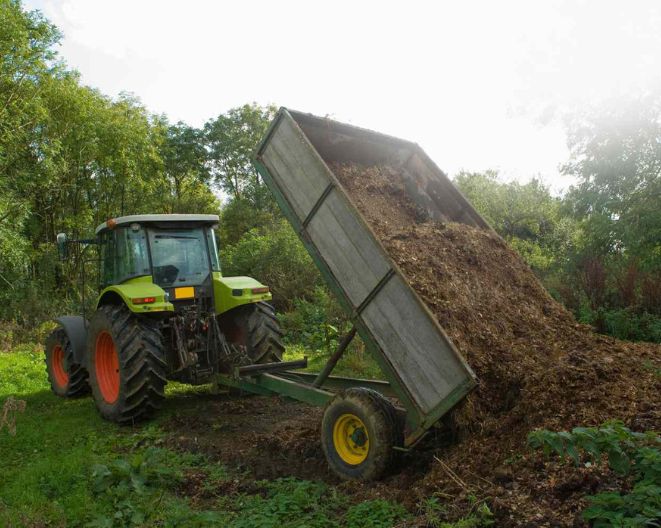Living with organic inputs is a phrase that refers to the use of natural, non-synthetic materials in agriculture. These materials can include compost, animal manure, and green manures (cover crops tilled back into the soil).
Benefits of Using Organic Inputs in Agriculture
Using organic inputs in agriculture can have a number of benefits, both for the environment and for the health of the crops being grown.
Benefits for Soil Health
One of the main benefits of using organic inputs is that they help to build and maintain healthy soil. Soil that is rich in organic matter has a better structure, is more resistant to erosion, and is able to retain more water. This can lead to healthier plants that are more resistant to pests and diseases.
Benefits for the Environment
In addition to the benefits for the soil, using organic inputs can also have positive effects on the environment. Many synthetic fertilizers and pesticides can have negative impacts on the environment, such as contaminating water sources and harming beneficial insects. By contrast, organic inputs are generally safer for the environment and can help to promote biodiversity.
Benefits for Crop Health
Using organic inputs can also be beneficial for the health of the crops being grown. Some studies have shown that organically grown crops may have higher levels of nutrients and antioxidants compared to conventionally grown crops. This can be especially important for people who are looking to eat a healthier diet.
Sustainable agriculture practices
Using organic inputs can also lead to more sustainable agriculture practices. By relying on natural materials, farmers can reduce their reliance on synthetic inputs that may negatively impact the environment.
Other Benefits
- In addition to the benefits listed above, when using organic inputs, it’s important to pay attention to their source. Look for inputs that are produced locally and sustainably to reduce the carbon footprint of your farming operations.
- Organic inputs may take longer to break down and become available to plants than synthetic inputs, so it’s important to plan ahead and apply them in a timely manner.
- Farmers new to using organic inputs may need to experiment and find out what works best for their particular farm and soil type. It may take some trial and error, but the long-term benefits are worth the effort.
- In some cases, farmers may need to use a combination of organic and synthetic inputs to achieve the desired results. For example, synthetic fertilizers may be required to provide certain nutrients that are not readily available in organic inputs. In these cases, it’s important to use synthetic inputs in a responsible and sustainable manner.
Challenges of Using Organic Inputs
Of course, there are also some potential challenges to using organic inputs in agriculture. For example, they may be more expensive than synthetic alternatives, and they may only sometimes be as effective at providing plant nutrients. However, with careful planning and a bit of trial and error, it is possible to successfully use organic inputs in agriculture and reap the many benefits they have to offer.
Conclusion
In conclusion, living with organic inputs in agriculture can have a number of benefits, including improved soil health, a healthier environment, healthier crops, and many others. While there may be some challenges to using organic inputs, the long-term benefits are well worth the effort. In some cases, a combination of organic and synthetic inputs may be necessary to achieve the desired results, and it’s important to use these inputs in a responsible and sustainable manner.





